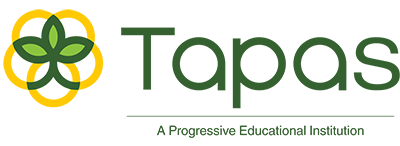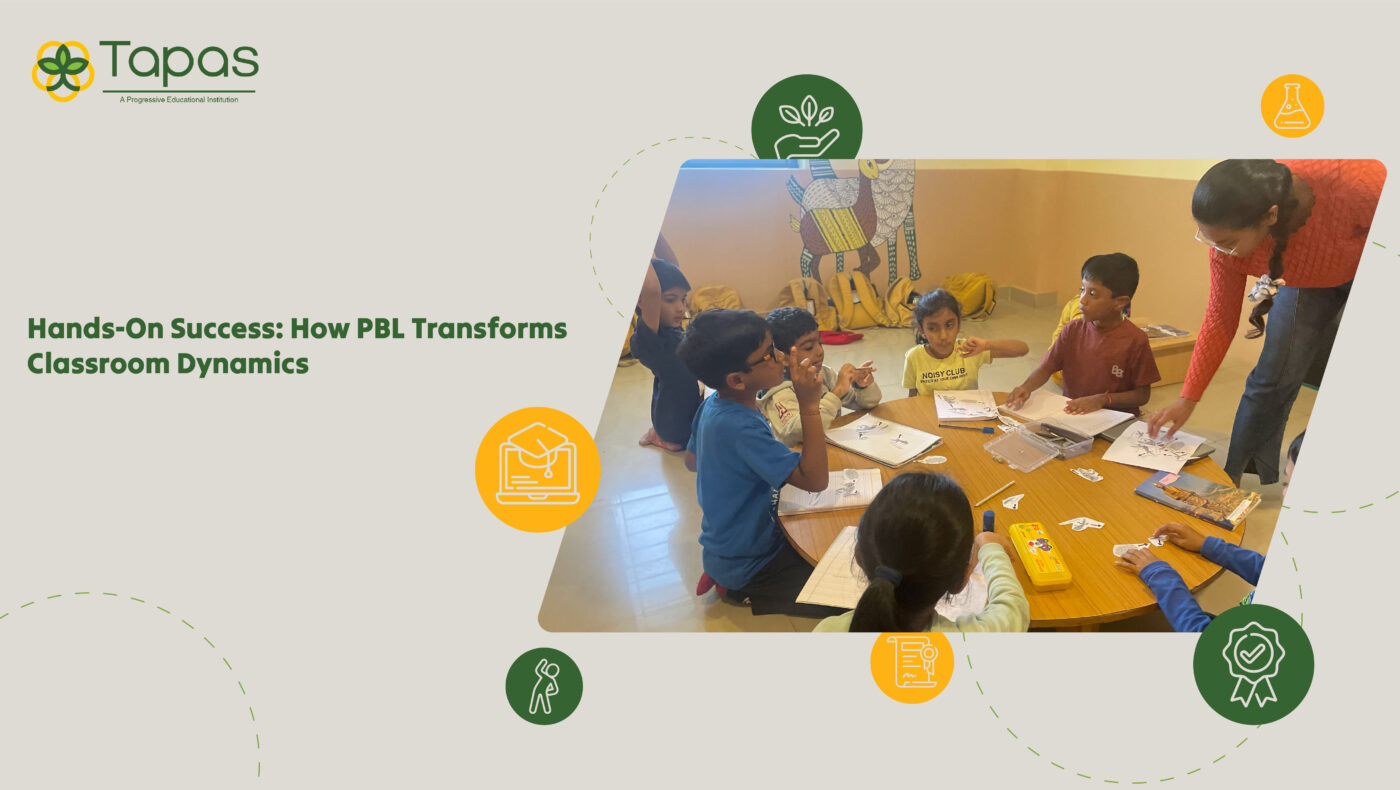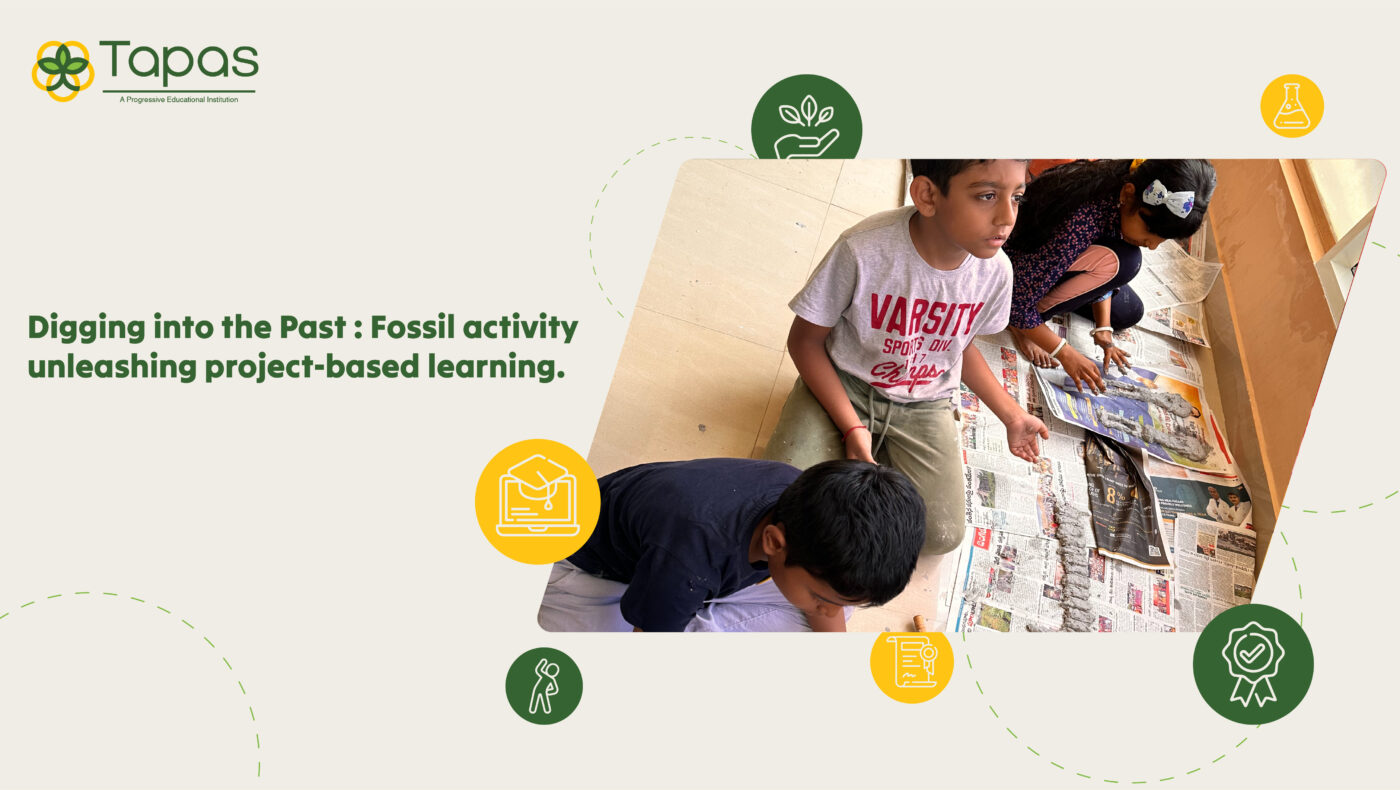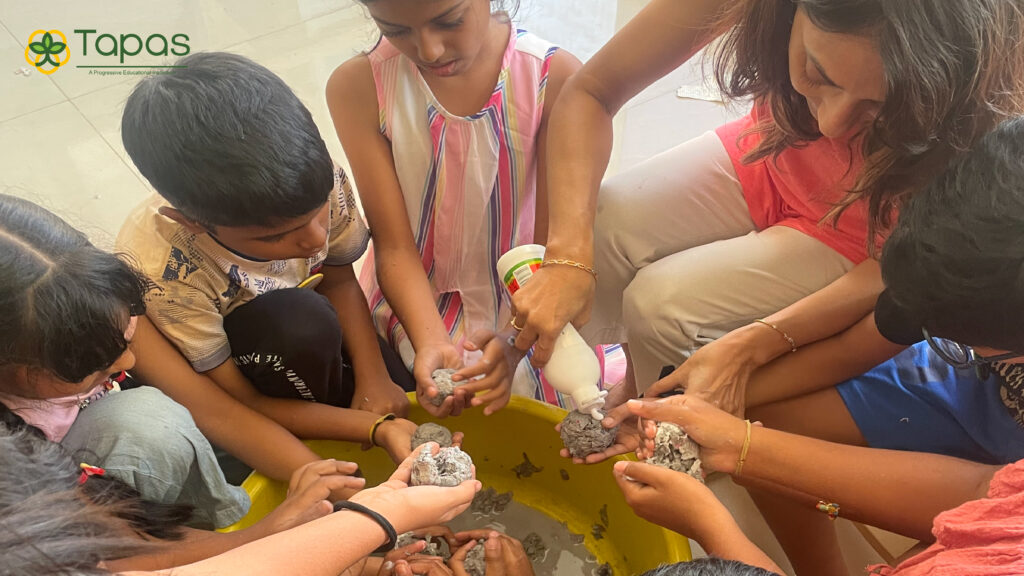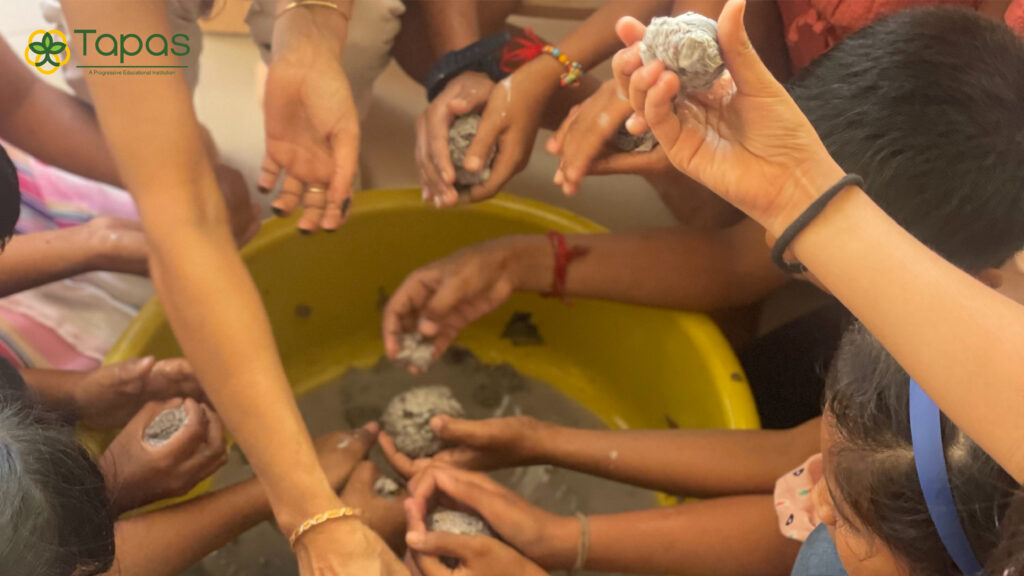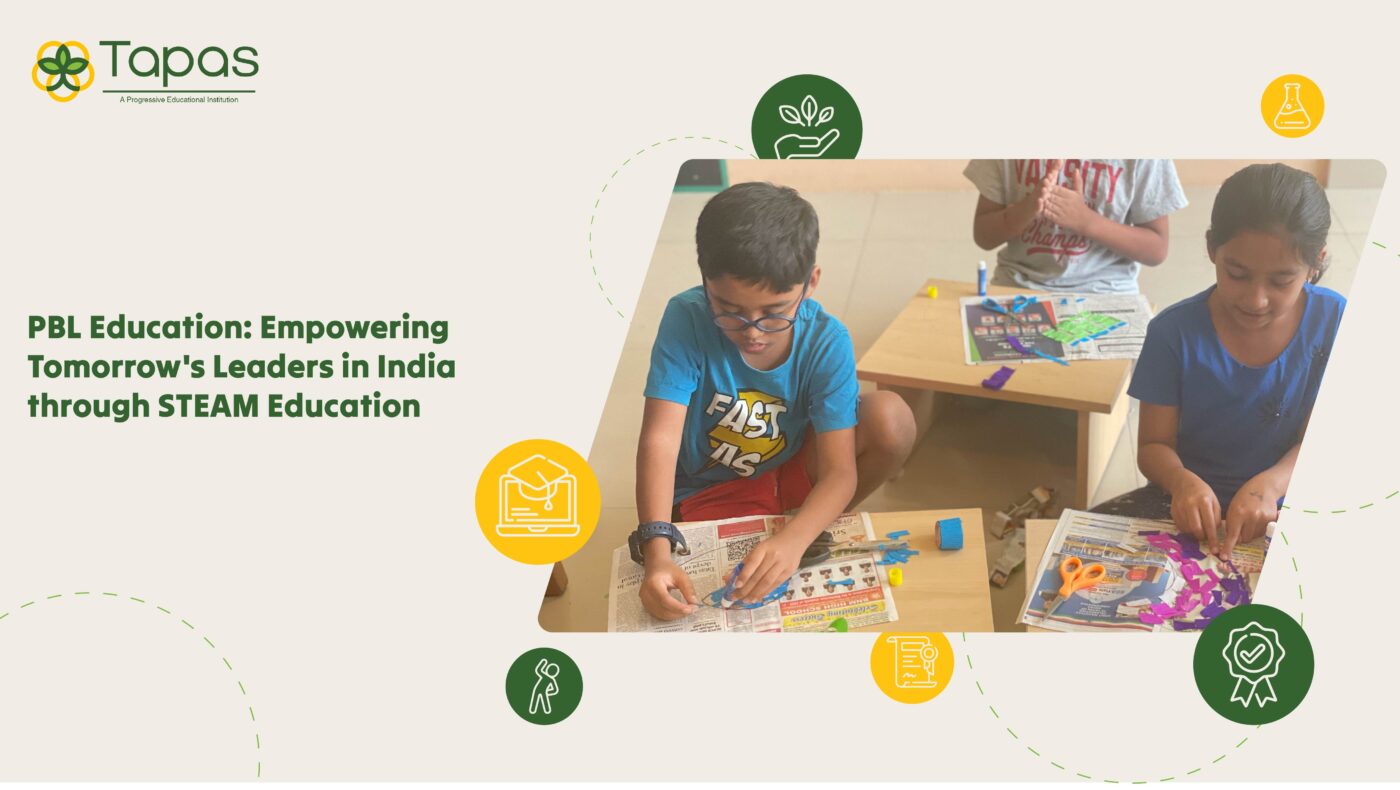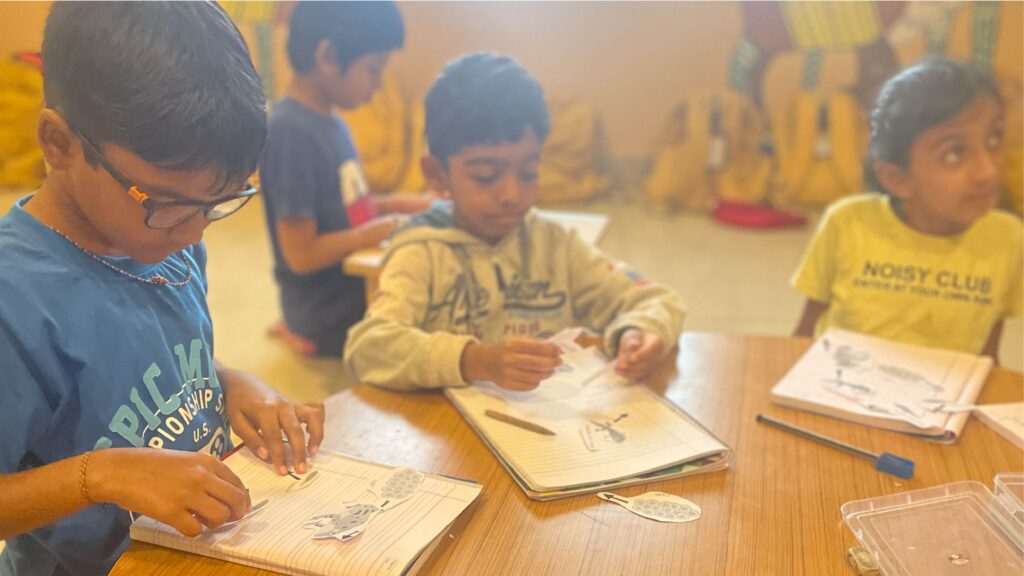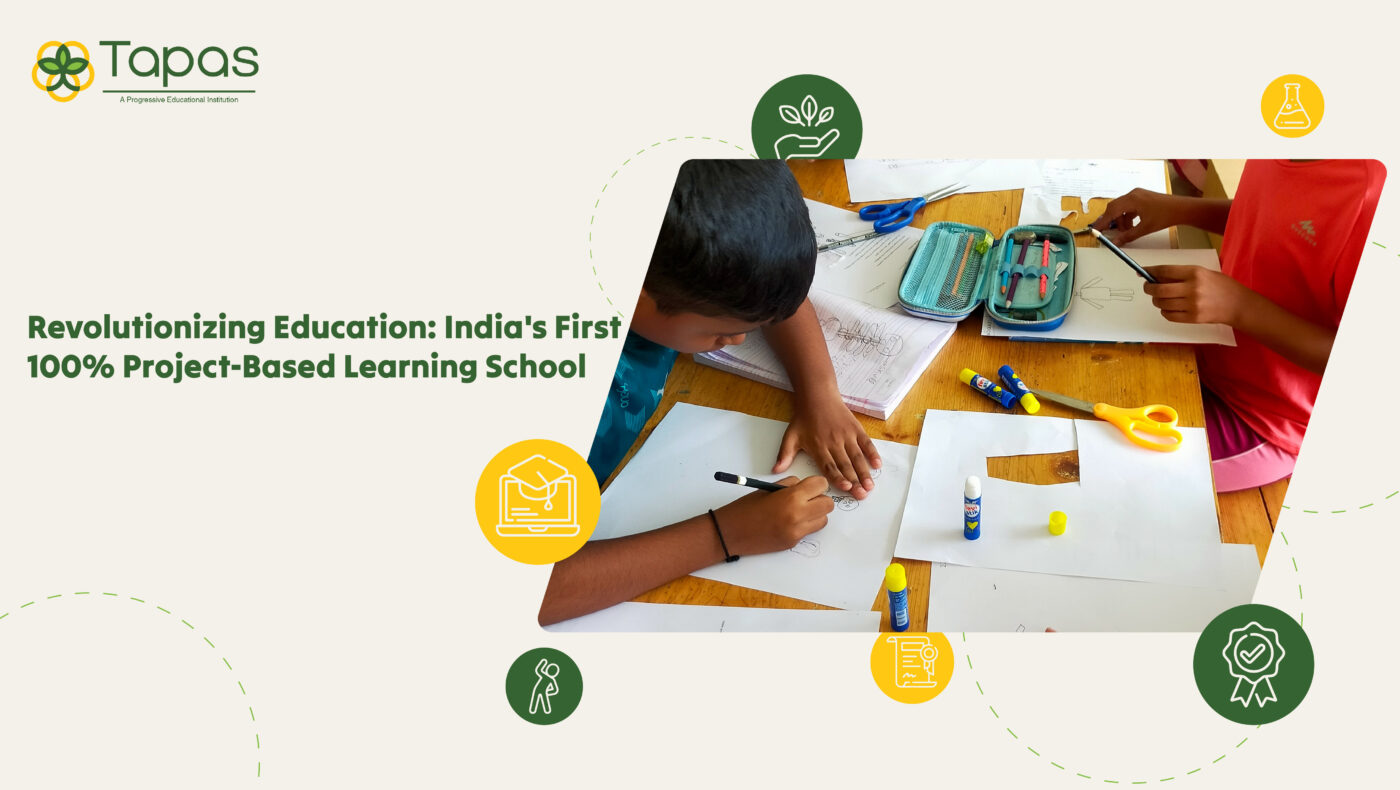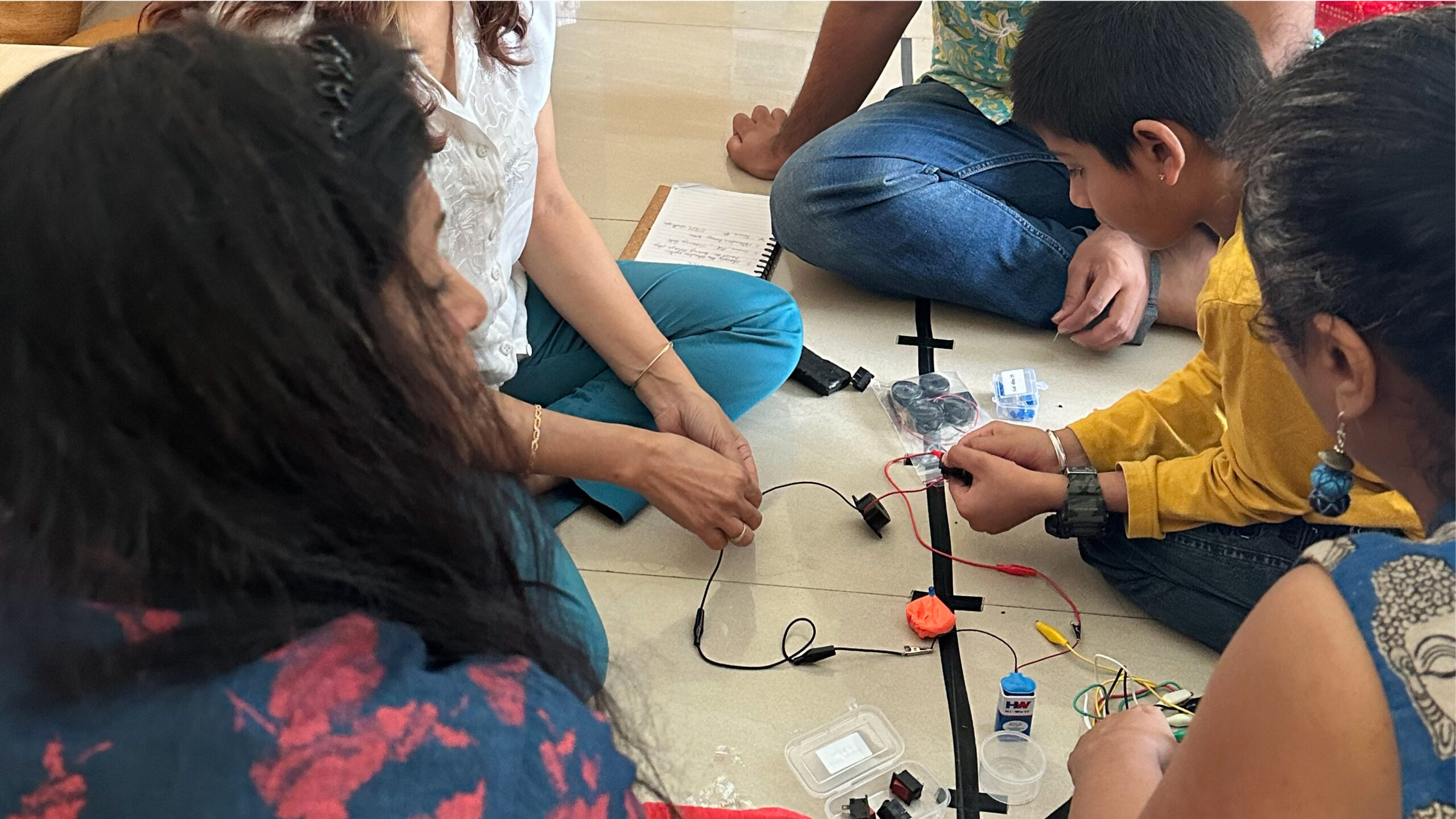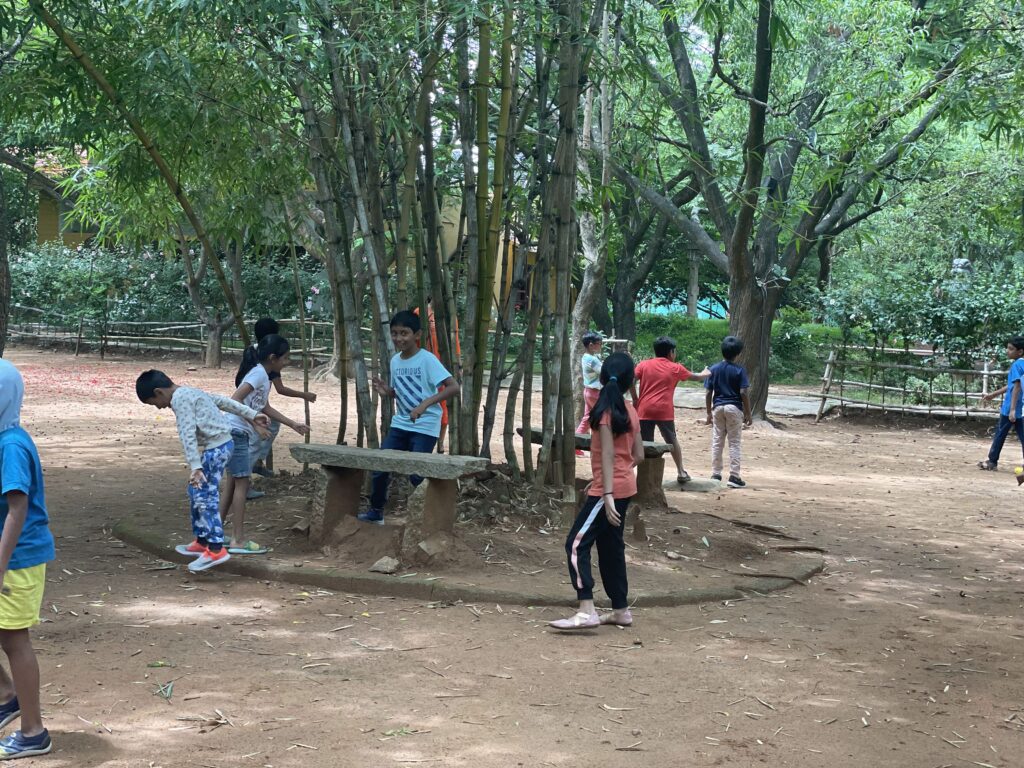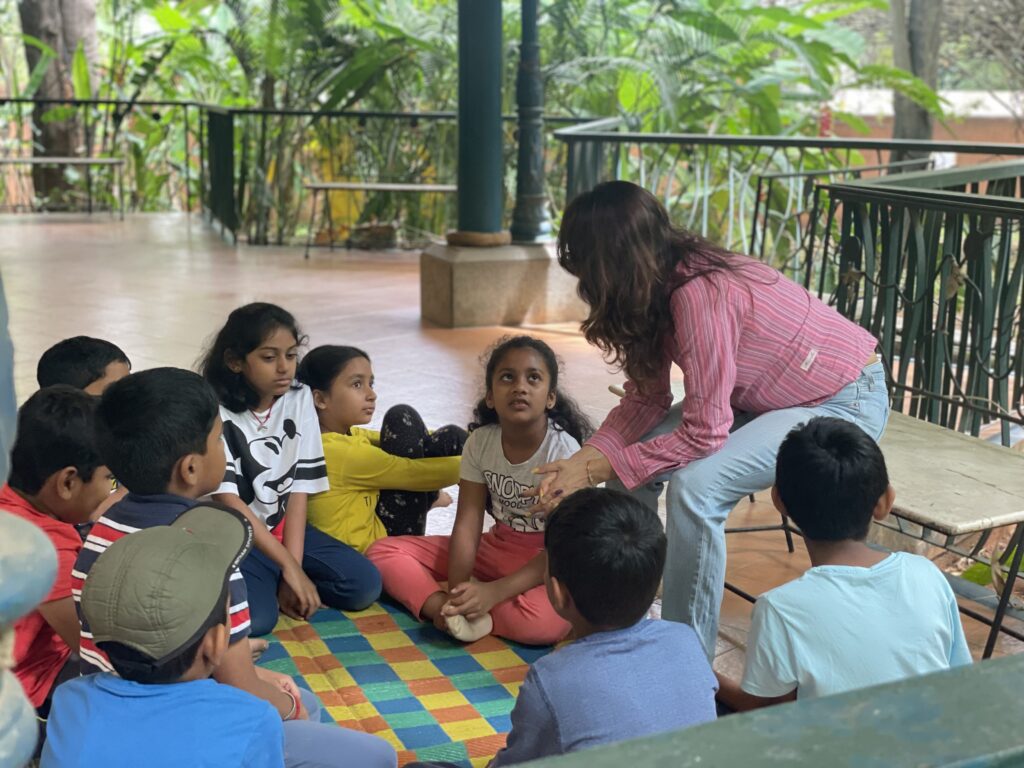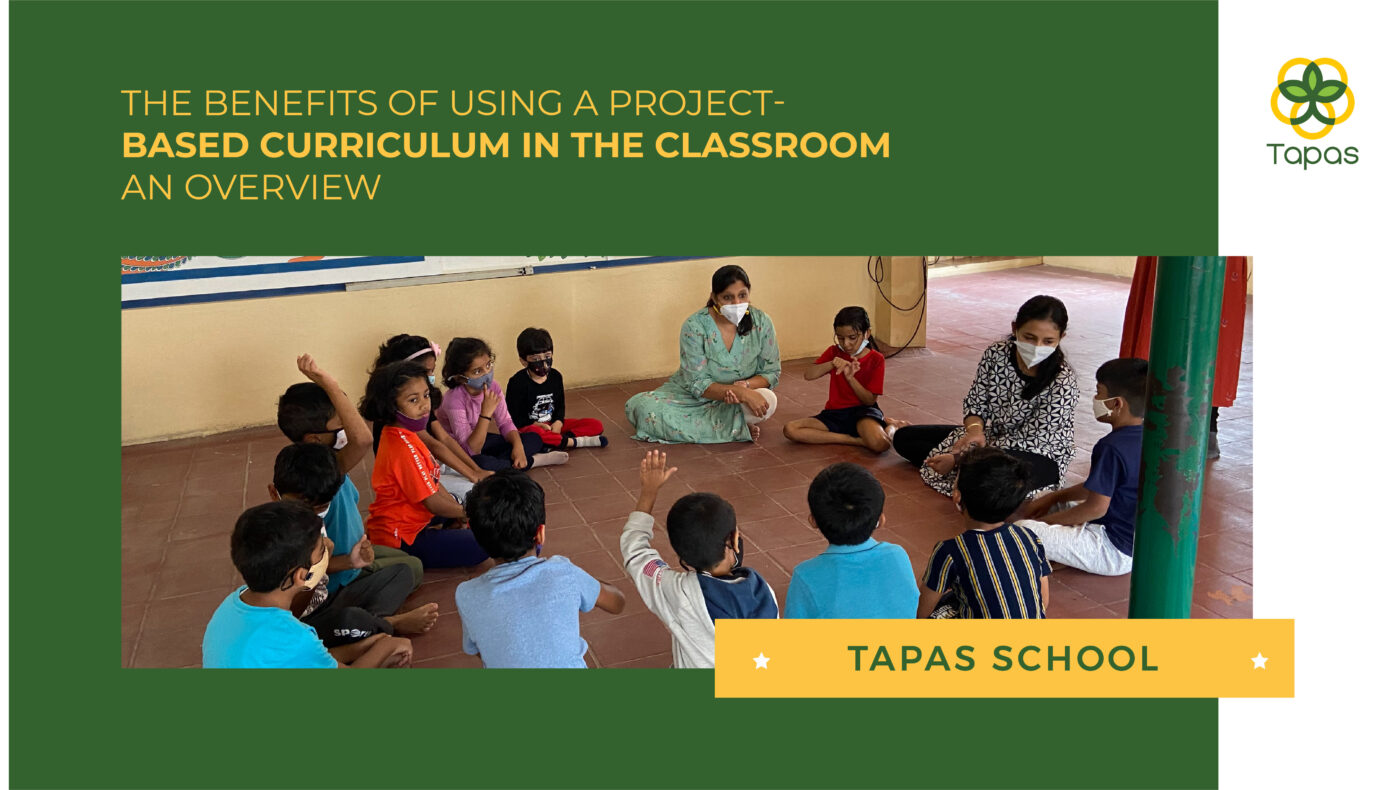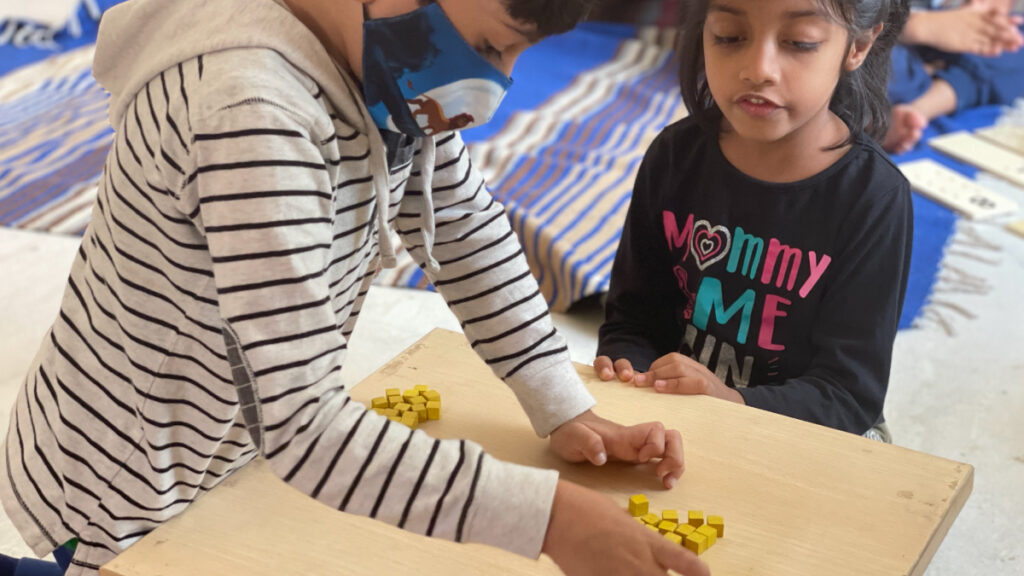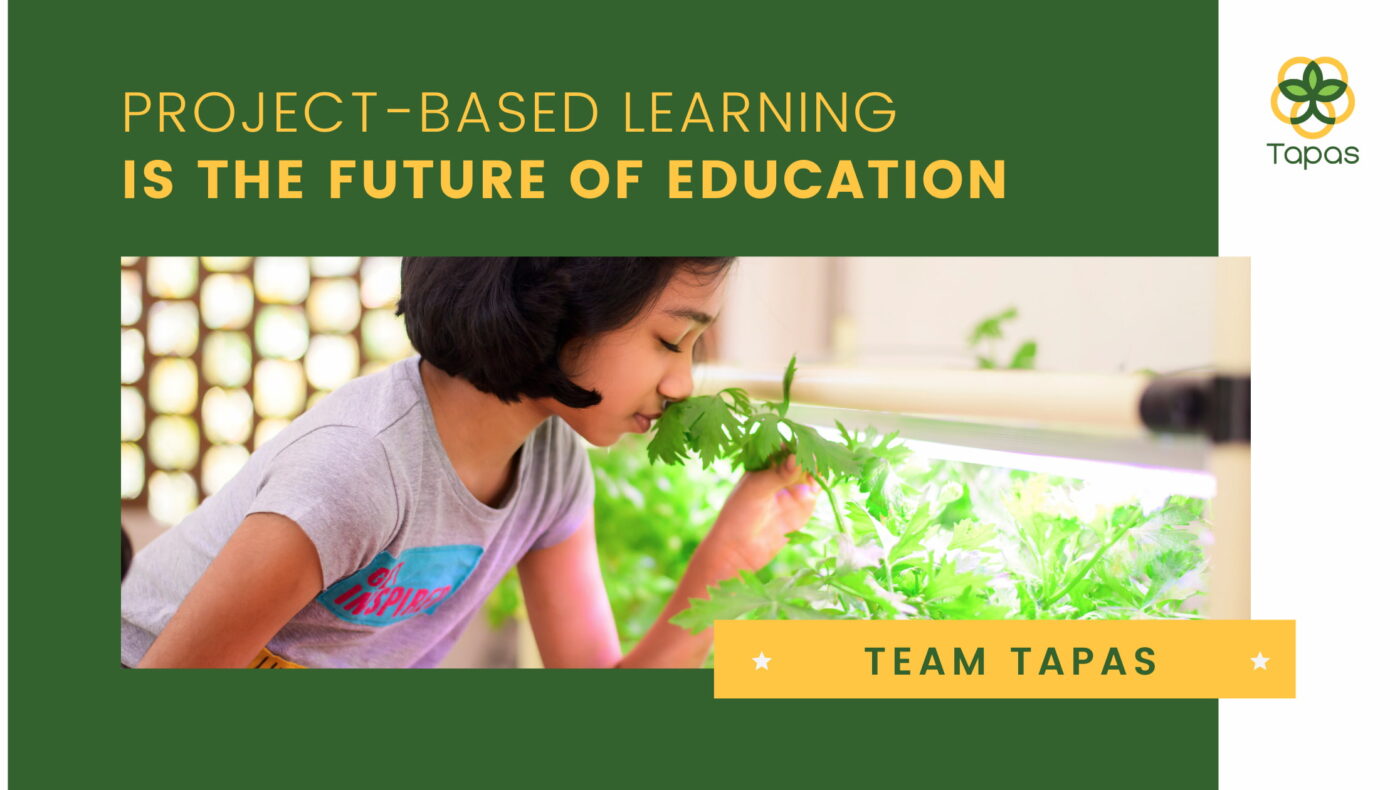Hands-On Success: How PBL Transforms Classroom Dynamics
In the evolving landscape of modern education, the concept of ‘Student-Centered Learning’ emerges as a transformative approach, reshaping the traditional dynamics of classrooms across the globe. This paradigm shift places students at the heart of the learning process, empowering them to take an active role in their educational journey. Unlike conventional teacher-led instruction, Student-Centered Learning fosters a learning environment where students’ unique needs, interests, and learning styles are acknowledged and nurtured. This approach encourages critical thinking, problem-solving, and self-directed learning, equipping students with the skills necessary to thrive in an increasingly complex and interconnected world. By prioritizing the learner’s experience and agency, Student-Centered Learning cultivates a more engaging, relevant, and personalized education, thereby laying a solid foundation for lifelong learning. The implementation of this approach often involves collaborative projects, interactive technologies, and tailored learning experiences that collectively contribute to a more inclusive, dynamic, and effective educational setting.
Enhanced Collaboration and Communication
“Experiential Education and Project-Based Learning: Transforming Classrooms”
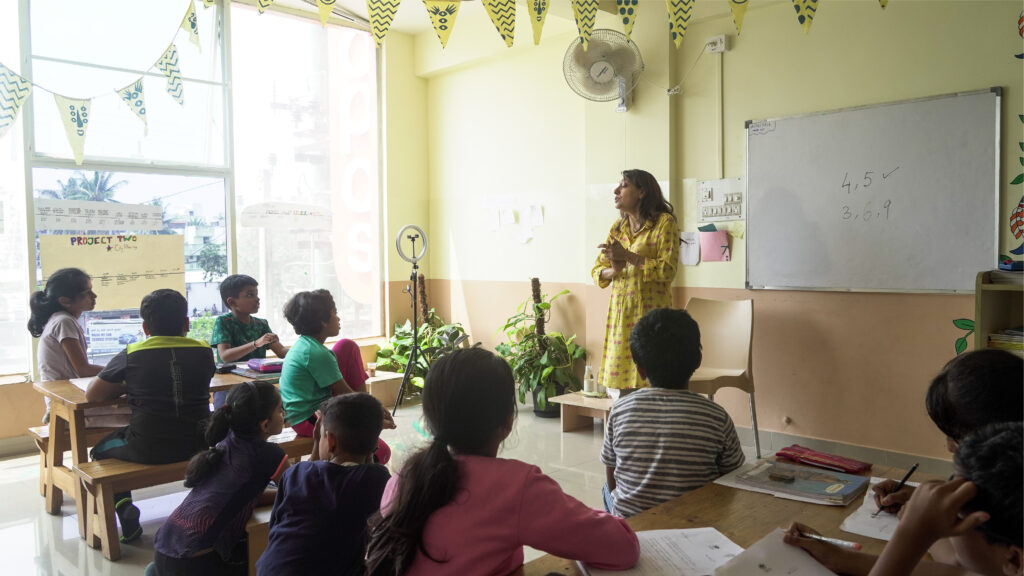
- Real-World Application: Project-Based Learning (PBL) immerses students in practical, real-world projects, embodying the principles of Experiential Education. This method connects classroom learning with real-life experiences, enhancing students’ understanding and retention of knowledge.
- Enhanced Interactive Learning: PBL fosters a vibrant, interactive classroom environment. It shifts away from traditional, passive learning methods to active engagement, where students are deeply involved in their educational experiences.
- Improved Communication Skills: Working in groups on projects, as seen in Mrs. Johnson’s class at Lincoln Elementary School, students develop stronger communication skills. This aspect of Experiential Education through PBL is vital for students’ personal and professional growth.
- Stronger Student-Teacher Relationships: PBL encourages a more dynamic and engaging model of teaching. This approach not only strengthens relationships among students but also between students and teachers, fostering a supportive learning community.
- Tailored Learning Experiences: In line with Experiential Education, PBL allows educators to tailor projects to the interests and needs of individual students, making learning more relevant and engaging.
For more insights on how Project-Based Learning can revolutionize classroom dynamics, visit TAPAS Education. This platform offers valuable resources and strategies to implement PBL effectively, aligning with the principles of Experiential Education.
Fostering Creativity and Problem-Solving Skills
Project-Based Learning (PBL) significantly reshapes ‘Classroom Dynamics’ by requiring high school students to engage creatively and innovatively in solving real-world challenges. This educational approach transcends traditional methods, fostering an environment that celebrates and encourages out-of-the-box thinking. In PBL, students are not just passive recipients of information but active participants in their learning journey. This shift is crucial for ‘Student Engagement’, as it aligns learning with students’ natural curiosity and desire to interact with real-world issues.
In high school settings, where students’ learning styles and group dynamics are diverse and complex, PBL proves particularly beneficial. It offers a platform where different perspectives and approaches are not only accepted but also valued. This inclusivity enhances the learning experience, making it more relevant and engaging for each student. By fostering a supportive environment where ideas are freely expressed and explored, PBL enables students to develop critical thinking and problem-solving skills that are essential for their future success.
The impact of PBL on ‘Classroom Dynamics’ and ‘Student Engagement’ is profound. It transforms the classroom into a lively hub of inquiry and collaboration, where each student’s unique talents and perspectives contribute to a richer learning experience. This dynamic setting prepares students not just academically, but also socially and emotionally for the challenges of the modern world.
Adapting to Various Educational Settings
Here’s a comparision of ‘PBL Implementation’ across different educational levels with a focus on ‘Student Engagement’:
| EDUCATIONAL LEVEL | PBL IMPLEMENTATION | IMPACT ON STUDENT ENGAGEMENT |
| Elementary School | Hands-on projects that nurture curiosity and foundational skills. | Enhances engagement through exploration and discovery, fostering a love for learning. |
| Middle School | Focus on projects that encourage deeper subject understanding and critical thinking. | Increases engagement by connecting learning to students’ growing interests and cognitive abilities. |
| High School | Emphasizes solving complex, real-world problems through collaborative projects. | Boosts engagement by aligning with students’ desire for independence and real-world relevance. |
| Higher Education | Transforms traditional lectures into collaborative, research-based projects. | Enhances engagement by preparing students for professional and real-life challenges. |
This table illustrates how PBL’s adaptability across various educational stages significantly enhances student engagement by aligning with their developmental and cognitive needs at each level.
Project Ideas and Implementation in the Classroom
Here is an example of the “Painting with a Quill” project
In the vibrant classroom setting, akin to the enchanting realm where curiosity blossoms vividly, we ventured into an exciting exploration with the introduction of various writing tools. This initiative was designed to meld the essence of creativity and the artistry of writing, thereby encouraging our students to engage actively with the written word and to view the quill as not just a mere instrument, but as a gateway to expressing their boundless imagination.
The journey of discovering diverse writing implements—ranging from pens and pencils to crayons, paints, and brushes, and culminating with the quill and ink—served as a platform for our learners to dive deep into the realm of self-expression. This exploration was carefully curated to foster an environment of creativity, encouraging students to experiment with different mediums and thereby understand the nuances of each tool’s potential to bring their thoughts to life.
The use of the quill, in particular, with its elegant and traditional resonance, became a pivotal moment in this journey. It symbolized a bridge to the past, connecting students with historical methods of writing, and in doing so, enriched their appreciation for the evolution of written communication. Each dip of the quill into ink and every subsequent stroke on paper allowed the students to unveil their individual narratives, thereby showcasing the unique perspectives and imaginations harbored within each young writer.
This approach not only heightened student engagement by providing them with a hands-on, experiential learning opportunity but also dynamically enhanced classroom dynamics. It transformed the classroom into a lively hub of storytelling, where the sharing of ideas and creations cultivated a sense of community and mutual respect among learners. Through this journey, students were not just learning about writing tools; they were embarking on a quest of discovery, using these tools as keys to unlock the treasure chest of their creativity and potential.
Integrating Project-Based Learning (PBL) into various subjects can significantly enhance ‘Classroom Dynamics’ and ‘Student Engagement’. Here’s how:
- Arts – Community Murals and Storybooks:
-
-
- Classroom Dynamics: By engaging in art projects like creating a community mural or writing and illustrating storybooks, students collaborate and express their creativity. This fosters a lively and inclusive classroom atmosphere.
- Student Engagement: These projects connect students with their communities and personal experiences, increasing their interest and investment in the learning process.
-
- Mathematics – Real-Life Application:
-
-
- Classroom Dynamics: Applying mathematical concepts to real-life problems or exploring geometry in architecture changes the classroom from a lecture-driven to a problem-solving hub, encouraging peer discussions and teamwork.
- Student Engagement: Projects that involve practical applications of mathematics, like budgeting or architectural design, make learning more tangible and relevant, boosting students’ interest and motivation.
-
- Science – Environmental Projects:
-
-
- Classroom Dynamics: Engaging in environmental projects, such as studying local ecosystems or conducting experiments, transforms the classroom into a laboratory for discovery and innovation.
- Student Engagement: Hands-on scientific investigations pique students’ natural curiosity about the world around them, leading to higher levels of participation and enthusiasm.
-
- History – Living History Projects:
-
-
- Classroom Dynamics: Projects like reenacting historical events or researching family histories make the study of history interactive and collaborative, fostering a sense of shared learning.
- Student Engagement: When students connect personally with historical events or figures, their understanding and interest in history deepen, leading to more active engagement in class.
-
- Language Arts – Creative Writing and Journalism:
-
- Classroom Dynamics: Encouraging students to engage in creative writing or journalism projects, such as writing a class newspaper or scripting a play, promotes a dynamic and expressive learning environment.
- Student Engagement: These projects allow students to explore their creativity and express their thoughts, which keeps them engaged and motivated to learn.
Each of these examples demonstrates how PBL can transform the traditional classroom into an active, engaging, and collaborative learning space, catering to a wide range of interests and learning styles.
Improved Academic Performance and Ownership of Learning
The ‘PBL Implementation’ of ‘Project-Based Learning’ significantly enhances academic achievement in various ways. This educational approach has been observed to lead to improvements in student performance, evidenced by higher test scores, better retention of material, and the development of stronger foundational skills across multiple subject areas. One of the key strengths of Project-Based Learning is its ability to empower students to take an active role in their educational process. This student-centred approach allows learners to control their learning journey at their own pace, catering to their individual needs and learning styles.
Project-Based Learning shifts the focus from traditional, teacher-centered methods to a more dynamic, learner-centred model. This transition not only engages students more deeply in the learning process but also fosters a sense of ownership and responsibility for their education. As students engage with real-world problems and collaborative projects, they develop critical thinking, problem-solving, and analytical skills that are crucial for their future academic and professional endeavours.
The impact of PBL is multifaceted, enhancing not only academic outcomes but also personal and interpersonal skills. By giving students the opportunity to explore, discover, and create in a supportive and engaging environment, PBL lays a foundation for lifelong learning and adaptability.
Professional Development for Teachers
To enhance ‘Student-Centered Learning’ and improve ‘Classroom Dynamics’, teachers can engage in continuous professional development through various methods:
- Participate in Workshops: Attending workshops focused on PBL equips teachers with hands-on strategies and insights, directly impacting student engagement and classroom interaction.
- Engage in Webinars: Webinars offer convenient access to expert knowledge and the latest trends in PBL, fostering a more dynamic and student-focused classroom environment.
- Join Collaborative Forums: Participating in forums and discussion groups allows teachers to share experiences and solutions, enhancing their ability to create a student-centred learning atmosphere.
- Continuous Learning: Staying informed about the latest educational research and PBL methodologies ensures teachers can adapt their teaching styles to benefit student learning and classroom dynamics.
Each of these professional development opportunities contributes to a teacher’s ability to create a more engaging, responsive, and effective learning environment, centered on the needs and interests of the students.
Technology Integration
Incorporating technology into ‘Experiential Education’ through ‘PBL Implementation’ can significantly enhance the learning experience. Here’s how:
- Collaborative Platforms for Team Projects:
-
-
- In ‘Experiential Education’, using platforms like Google Workspace or Microsoft Teams can facilitate seamless collaboration on group projects.
- These tools support ‘PBL Implementation’ by allowing students to work together in real time, regardless of their physical location.
-
- Online Document Sharing and Editing:
-
-
- Document-sharing tools like Google Docs or Dropbox enhance ‘Experiential Education’ by enabling students to co-create, share, and edit documents collaboratively.
- This aspect of ‘PBL Implementation fosters a sense of teamwork and collective learning.
-
- Interactive Whiteboards for Brainstorming:
-
-
- Digital whiteboards such as Miro or Jamboard can be used in ‘Experiential Education’ to brainstorm ideas, plan projects, and visualize concepts.
- These tools enrich ‘PBL Implementation’ by making the planning and ideation process more interactive and engaging.
-
- Educational Apps for Research and Discovery:
-
-
- Integrating educational apps into ‘PBL Implementation’ allows students to explore and research subjects in-depth, enhancing their experiential learning experience.
- Apps like Khan Academy or Coursera provide access to a wide range of resources and expert knowledge.
-
- Virtual Reality (VR) for Immersive Learning:
-
- VR technology in ‘Experiential Education’ can simulate real-world environments for immersive learning experiences.
- This innovative aspect of ‘PBL Implementation’ can make complex subjects more tangible and understandable.
Each of these technological integrations plays a crucial role in enhancing the effectiveness of Project-Based Learning, making it a more experiential, engaging, and collaborative process.
Conclusion
As we delve into the transformative world of Project-Based Learning, it’s clear that the journey towards a more engaging, interactive, and impactful educational experience is well within our grasp. The integration of PBL into our classrooms not only revitalizes the learning atmosphere but also prepares students for the complexities of the real world, nurturing critical thinkers and problem-solvers. To further explore this dynamic approach and to equip yourself with the tools and strategies necessary for successful implementation, I encourage educators to visit TAPAS Education. Here, you will find a wealth of resources, insights, and support systems designed specifically for enhancing your teaching methodologies through PBL. Don’t miss this opportunity to transform your teaching practice and to make a lasting impact on your student’s academic and personal development. Dive into the world of Project-Based Learning with TAPAS Education today and become a catalyst for change in your educational community.
Links
https://pedagogue.app/project-based-learning-transforms-classroom-dynamics/
https://blog.soraschools.com/implementing-pbl-in-high-school-classrooms-a-guide/
